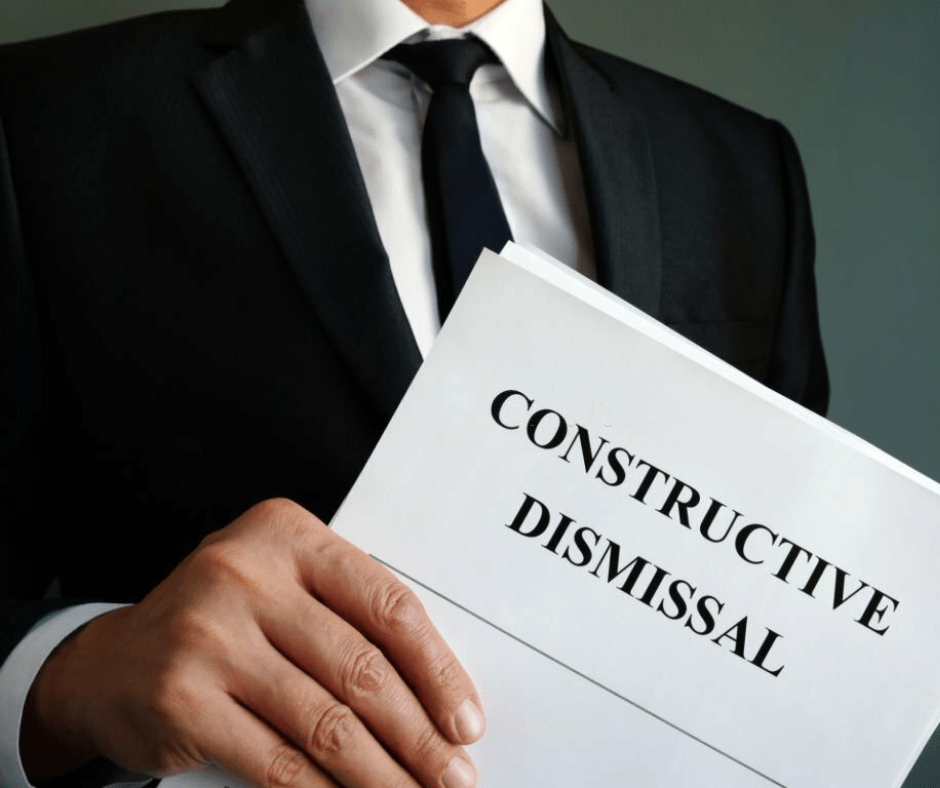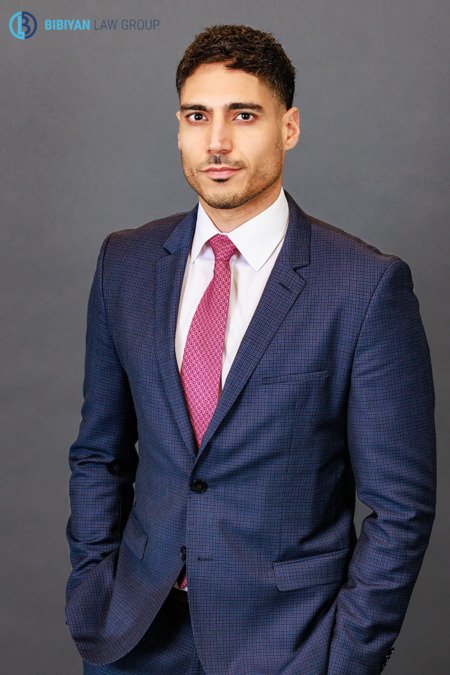
Constructive discharge, also commonly known as constructive dismissal or constructive termination, is when an employer creates hostile, inappropriate, or unbearable working conditions that force an employee to resign. Although the employee chooses to quit, the employer’s actions sever the employment relationship. In other words, the employer’s misconduct “constructs” the environment that leads to the employee’s departure. For this reason, California legally regards constructive discharge as a firing rather than a resignation. Since employer misconduct can uproot a person’s life, it is important for employees who suspect they are victims of constructive discharge to understand the concept and identify how and when it occurs so they can consider their legal options and defend their rights. Contact us today to speak with an experienced Los Angeles wrongful discharge attorney!
How Do I Define Constructive Discharge?
In California, forced resignation law acknowledges that employees who resign may not have done so voluntarily.
The key factors in California constructive discharge cases that help courts determine whether an employee’s resignation was coerced or voluntary are:
- Whether the employer intentionally created or knowingly permitted the conditions leading to the resignation;
- Whether a reasonable person in the same situation would also feel coerced to resign; and
- Whether the decision to resign is due to exceptional and severe circumstances that outweigh the employee’s reasons for staying.
If the answer to all three inquiries is yes, then California’s forced resignation law may classify the situation as a constructive discharge.
How Do I Identify Constructive Discharge?
Examples of situations that could lead to constructive discharge include:
- Harassment and bullying—persistent harassment or bullying from colleagues or supervisors that creates a hostile work environment may result in constructive discharge;
- Discrimination—consistent and pervasive discrimination based on race, gender, age, religion, disability, or other protected characteristics could lead to a constructive discharge claim;
- Reduction in pay or demotion—a significant and unwarranted reduction in income or a demotion without cause, especially if it appears to be a strategy to force the employee to quit, might lead to constructive discharge;
- Retaliation—if an employee faces adverse actions or retaliation after reporting misconduct, harassment, or other issues and subsequently resigns due to the intolerable conditions, they may have a case for constructive discharge;
- Change in job location—a sudden and unreasonable job relocation without adequate notice or compensation may lead an employee to resign and claim constructive discharge; and
- Alteration of job duties—if an employer significantly changes an employee’s duties or responsibilities to less desirable tasks, making the position unbearable, the employee might have grounds for a constructive discharge claim.
Though victims of constructive discharge may have the right to pursue legal action against their employer, proving constructive discharge can be challenging. A skilled employment lawyer is invaluable; an experienced employment attorney can help you build a solid case and chart the best course of action.
What is Wrongful Constructive Discharge?
Constructive discharge is when an employee resigns because of the employer’s outrageous behavior. In contrast, wrongful termination is when an employer fires an employee for an unlawful reason. A wrongful constructive termination case, like an ordinary wrongful termination case, can be grounded in any exception to at-will employment under California law and involves intentional retaliatory or discriminatory behavior that forces an employee to resign.
How Do I Defend Against Constructive Discharge?
To protect their rights and defend against constructive discharge, employees should document every incident, including dates, times, individuals involved, and the nature of the misconduct. This documentation can be invaluable if an employee decides to take legal action. Employees should also speak with their supervisors, human resources, or any appropriate company authority about the misconduct, if feasible. Speaking with an authority first allows the employer to address and correct the issue. Furthermore, if the employer fails to remedy the situation, the failure may also be used as evidence of constructive discharge.Consulting with an employment law attorney can help determine whether circumstances meet the threshold for constructive discharge and what legal remedies are available. An attorney can also assist in collecting evidence, negotiating a settlement, or representing employees in court if litigation is necessary.
Bibiyan Law Group, P.C. Will Fight for You
If intolerable working conditions force you to resign, an experienced Los Angeles employment law attorney at Bibiyan Law Group, P.C. can evaluate your case and help protect your rights. Our aggressive, results-driven approach to employment law has resulted in the recovery of tens of millions of dollars for employees suffering from wrongful employment practices. Moreover, our sole focus on employment law and our dedicated team of nearly 20 lawyers and 40-strong staff bring years of experience to the table, ensuring your case always receives the attention it deserves. At Bibiyan Law Group, P.C., you’ll never be just another case but a valued client. Don’t let workplace injustice go unchallenged. Contact us today, and let us explain how we can help you.


